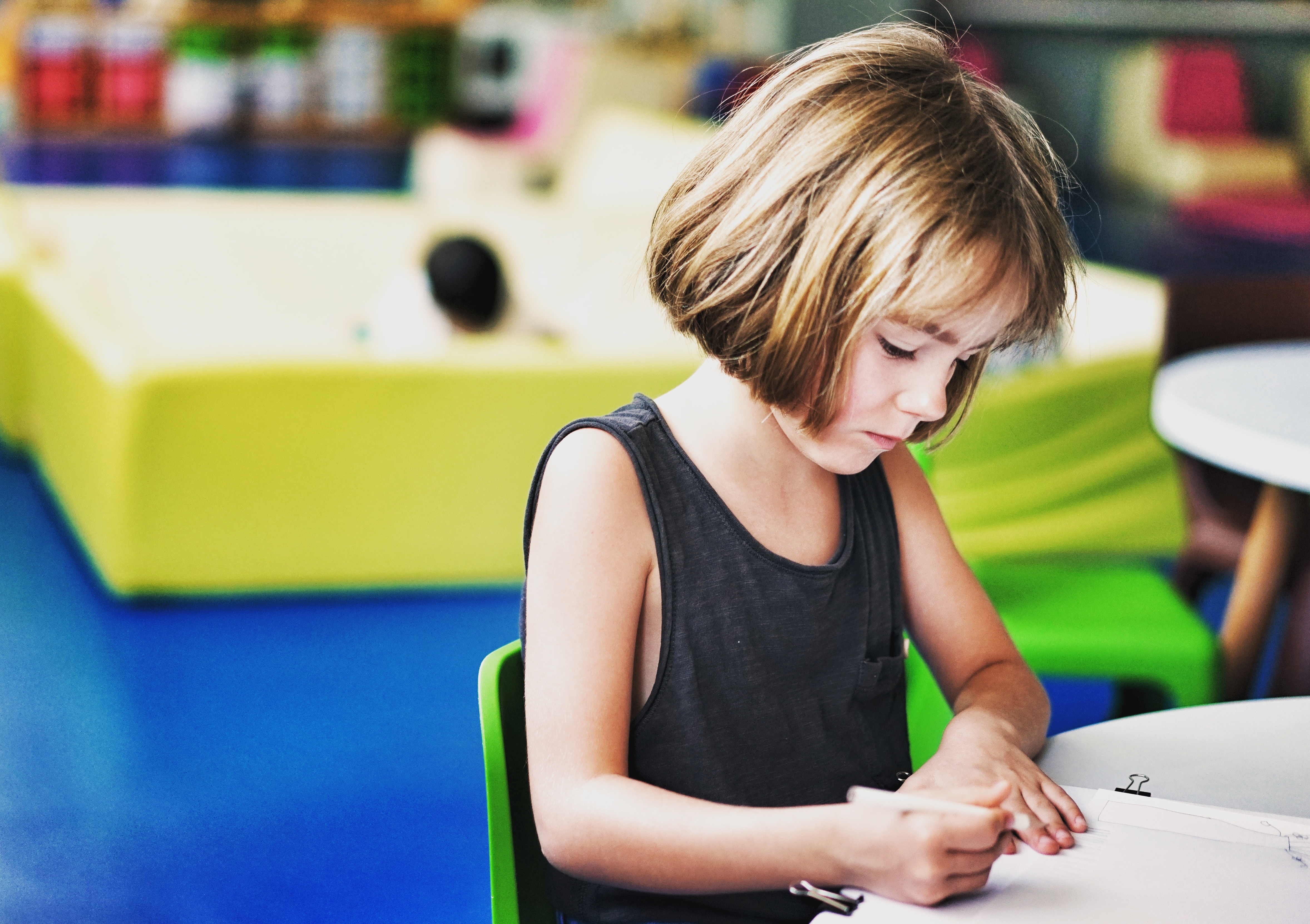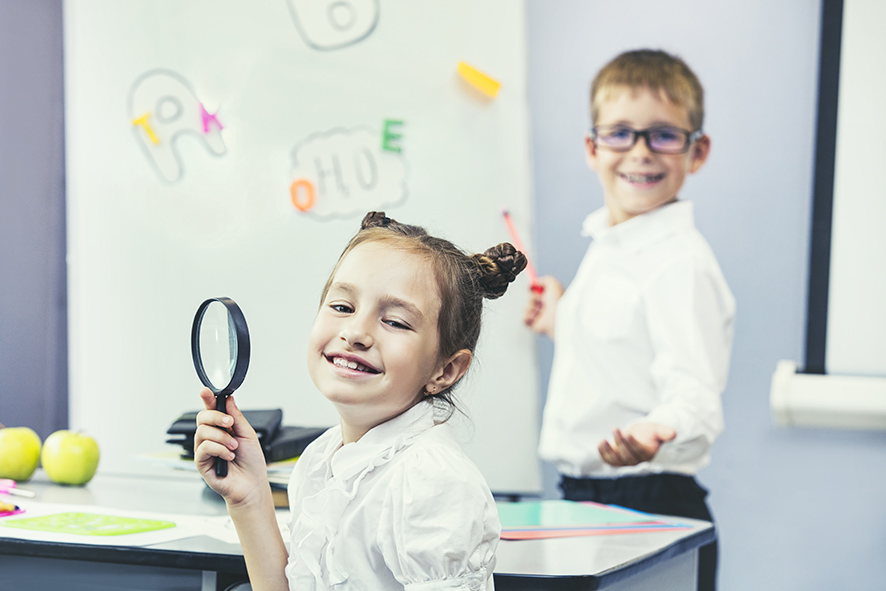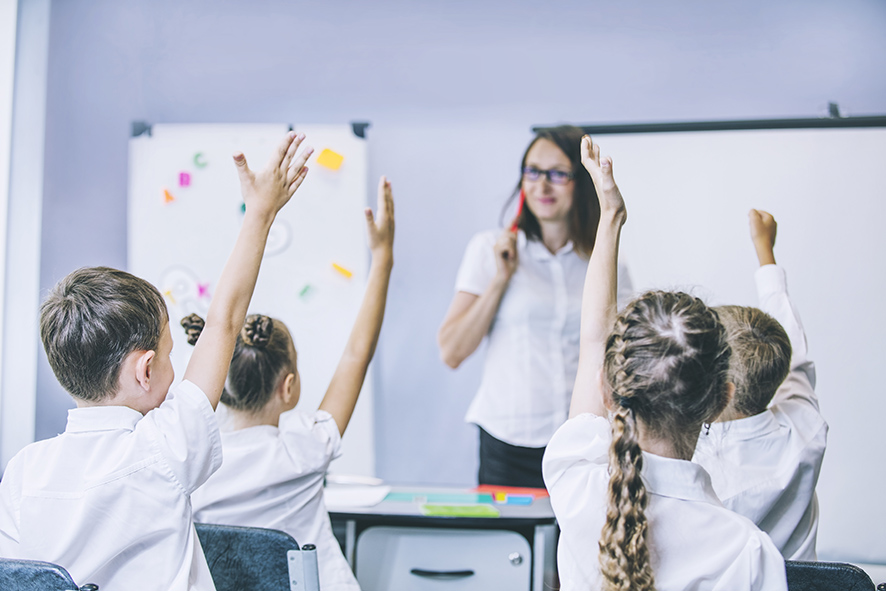mindfulness – how to embrace the present moment

Mindfulness is about experiencing the present moment with awareness, curiosity and openness. It is about paying attention to the outer world, objects, natural environment, other people as well as ourselves, feelings which come from our bodies, thoughts or emotions.
Nowadays more and more often children feel lost. They don’t understand their own emotions and don’t have the abilities to cope with them. Issues with concentration, memory and interpersonal relationships, growing aggression are more common now than ever. Where can we look for support in equipping the young in skills which would let them be calm and resilient? We can teach children to pause, observe, fully experience the present moment and understand what is happening in their minds and bodies. We can teach them how to live more in the present moment.


Children by nature are open and curious. They enjoy experiencing the world in their own pace using all their senses. Unfortunately they learn quickly that hastiness brings them more benefits. More incentives, fast changing environment, noise and a huge number of people in our environment who live in a rush brings negative effects on children who are trying to fit in. They no longer spend time on appreciating an ant crawling across the pavement. More seldom than not children understand themselves and their emotions. Young people are often distracted and disintegrated. Mindfulness training is an ideal counterweight to all the difficulties of the modern world.
The benefits of mindfulness
Practicing mindfulness helps to develop an attitude of open and intentional attention on the present. It allows you to observe your emotions without judging them. At school it has a beneficial impact on peer interactions and relationships. It enhances concentration span, memory and creativity. Being mindful helps to rediscover how unique and extraordinary the surrounding world is. Mindful children are aware how their minds work. They are prepared to cope with situations when they experience too much of difficult emotions.


Mindfulness practice at Joy Primary School
We practice mindfulness using a vast variety of techniques. For instance, observing the way we breathe in and breath out or inviting children to simple activities involving various senses. All the techniques are carefully planned to cater for different ages and stages of development.
Mindfulness practice is filled with fun experiments which naturally open children up to the concept of a mindful life.
Storytelling, imaginative play and attention exercises provide children with extremely important tools for life: the ability to understand themselves and other people and the ability to mentally cope with different situations.



